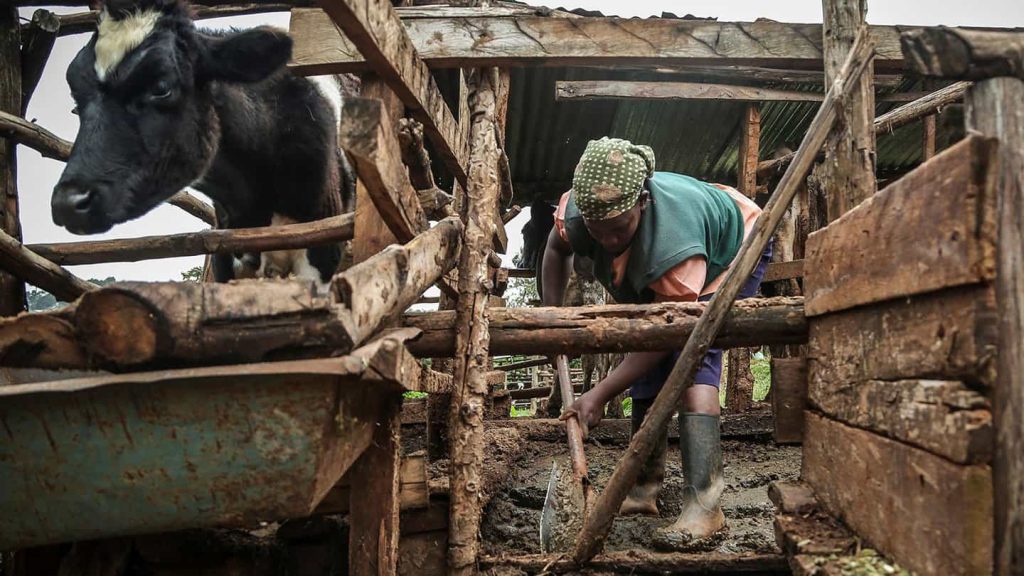Most people forget what they have consumed once they put it away in the trash can and then they stop being aware of the waste they generated. However, the problem lies not only in the ignorance of where the waste we produce goes, but also in the inefficient ways in which nature’s resources are used to end up in landfills that produce environmental pollution and greenhouse gases.
According to UN data, currently 50 millions tonnes of waste are produced worldwide, the equivalent to 125 jumbo jets. All this waste ends up in landfills and wastewater ways which emit 90 percent of greenhouse gases from the entire waste sector.
With this trend, by 2025 there will be more plastic in the oceans than fishes, which is why nowadays it is more important to look for alternatives and think of solutions that will provide us with a correct waste treatment that works naturally and allows us to reduce, recycle and reuse materials in one cycle thus taking advantage of them in another way without having to lose resources.
Sistema.bio’s Hybrid Reactor is a highly efficient solution that transform waste to resources. The reactor design was developed under this recycling principle to optimize materials and manufacturing processes. They are packed with geotextile, a very resistant material, that at the same time is a functional part of the system.
The geotextile package is later used to give support to the soil in the installation site and protect the system to prevent rocks from damaging the digester, prolonging its life up to 30 years. This package also avoids the generation of plastic waste that represent 40% use of plastic produced worldwide and foments the cycling use of resources.
Small-scale digesters used for energy production in the agricultural sector not only reuse and recycle what was considered as waste to generate energy, but also reduces environmental impact compared with the extraction of new materials from earth that need to be transformed and transported to numerous production stages like charcoal, firewood and LP gas.
Today Sistema.bio has been working to reuse more than 7 million tons of agricultural waste to produce 19.7 million cubic meters of biogas (renewable energy). This will satisfy energy needs of more than 25 thousand families around the world and subsequently reduce 85 thousand tons of greenhouse gases.
Some people maintain that recycling and reusing is more expensive than the benefits accrued. For example, recycling a ton of plastic reduces slightly more than a ton of carbon dioxide. The benefits that produce these activities are also qualitative because they generate changes of consciousness in people and encourages them to be more responsible in the way they consume and in their lifestyle.
If the solution to achieve a world without waste doesn’t consists of reusing and recycling all the waste that is produced, then we don’t follow nature example! Everything it generates has no waste. When fruits fall down from trees they go back to the soil to be part of another cycle. It is time to think of solutions, like digesters that can take advantage of waste to transform them again into resources.
